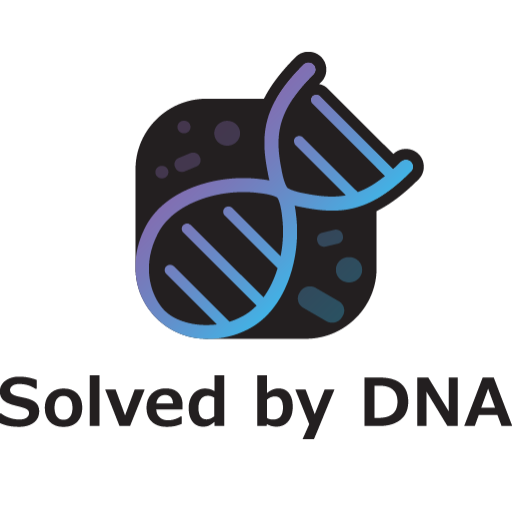Investigative Genetic Genealogy
What is Investigative Genetic Genealogy?
Investigative genetic genealogy, also known as forensic genetic genealogy, combines the use of crime scene DNA and SNP-based relative matching with genealogical research to predict where a suspect or unidentified person may fit in a family tree.
“In 2018, the sample DNA was tested again, and a genetic snapshot was developed, the affidavit said. In November 2020, Michele Kennedy, a crime analyst in the sheriff’s cold case unit, made a link to the suspect through the DNA of his parents, who are deceased, according to the affidavit.” – The Denver Post

About Michele Kennedy
Michele Kennedy has been in the law enforcement field since 1993, and she has been a crime analyst for a law enforcement agency in the State of Colorado since 1997. She is currently assigned to her agency’s Cold Case Unit as a forensic genetic genealogist. She is also a volunteer search angel, helping adoptees and other searchers identify birth parents using genetic genealogy.
